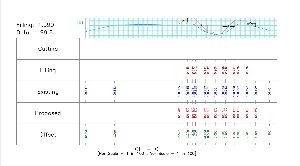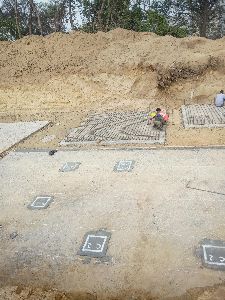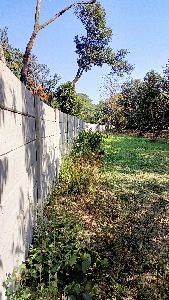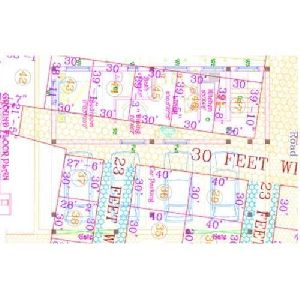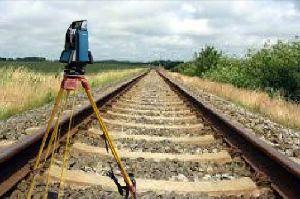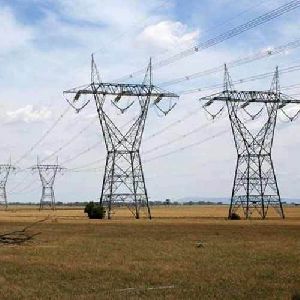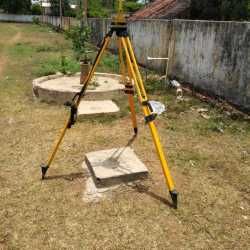Road Surveyor – Precision Surveys for Road & Highway Projects
A Road Surveyor plays a key role in the planning, design, and construction of roads, highways, and expressways. Their primary responsibility is to conduct detailed surveys that provide accurate data on land levels, alignment, gradients, and terrain conditions, which is crucial for engineers and planners to design cost-effective, safe, and durable road networks.
Using advanced instruments such as Total Stations, GPS/DGPS, Auto Levels, Drones, and GIS Mapping, road surveyors collect precise measurements of the land. These surveys include topographic mapping, contour studies, cross-section, and longitudinal profiles, vital for road alignment and construction planning.
Key Tasks of a Road Surveyor:
- Route Alignment Surveys: Identifying the most suitable path for roads or highways.
- Topographic & Contour Mapping: Recording terrain elevations for accurate design.
- Earthwork & Volume Calculations: Estimating cut and fill quantities for construction.
- Construction Layout: Marking center lines, curves, slopes, and levels on-site.
- Quality & Compliance Checks: Ensuring road projects follow engineering and government standards.
Road surveyors work closely with civil engineers, contractors, and government authorities to deliver reliable data that supports both new road construction and maintenance projects, reducing errors, minimizing costs, and ensuring long-lasting infrastructure.
Looking for "Road Surveyor" ?
Explore More Services







